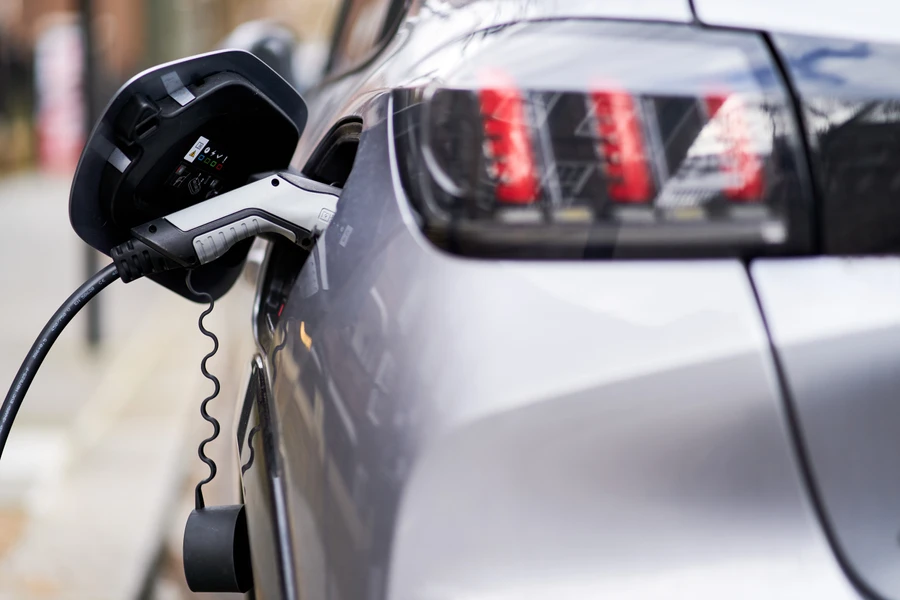The UK is on track to exceed the initial target of 300,000 charging points around the UK before the end of the decade as experts call for widespread changes to accelerate the rollout.
In 2022, the Government announced that the UK would see a tenfold expansion in the number of charging points by the end of the decade, with estimates that there would be 300,000 chargers by 2030.

SponsoredBangladesh: The Cost Of Solar Panels May Surprise You(See Prices)Search Ads
SponsoredPābna: You Might Be Surprised By The Price Of Sofas In MexicoSofas In Mexico | Search Ads
This was backed by £1.6billion to expand the network, in addition to £1billion from BP Pulse for ultra-fast charging, supporting hundreds of new jobs.
https://buy-eu.piano.io/checkout/template/cacheableShow?aid=6N1iEZE6pe&templateId=OTMC3G18H0ZM&offerId=fakeOfferId&experienceId=EXB8O5SE0LTT&iframeId=offer_b00e35c219cbd79291ac-0&displayMode=inline&pianoIdUrl=https%3A%2F%2Fauth.gbnews.com%2Fid%2F&widget=template&url=https%3A%2F%2Fwww.gbnews.com
New analysis from ChargeUK has revealed that there are more than 930,000 public, home and work chargers supporting 1.1 million electric vehicles around the UK.
Do you have a story you’d like to share? Get in touch by emailingmotoring@gbnews.uk

The Government has invested billions of pounds to accelerate the rollout of EV chargers PA
A new whitepaper from the organisation, Powering Ahead to 2030, stated that the expansion of the electric car charging network could stall with certain “barriers” slowing companies down when looking to install more devices.
Potential issues include securing grid connections, planning and permit concerns and delays to funding agreements, most notably the Local Electric Vehicle Infrastructure (LEVI) Fund and the Rapid Charging Fund.
This could be addressed soon by the new Labour Government which said it would support the transition to electric vehicles by setting new targets, removing planning barriers and removing barriers to securing grid connections.
The white paper also showed a new charging point was being installed every 25 minutes, with the current trajectory showing that the UK is on track to have 300,000 chargers by the end of the decade.
Don’t Miss
Membership
POLL: Do you think Starmer has handled the riots badly? VOTE NOW
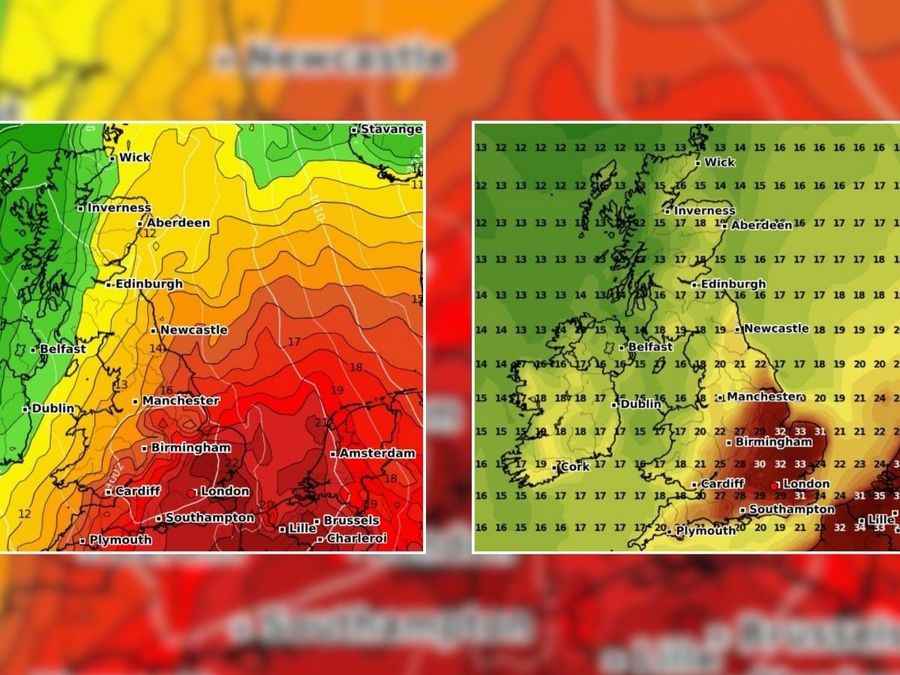
UK weather: Britain set for mini-heatwave as new maps show 33C hot blast

Pyramid mystery laid bare as water power could have helped ancient empire build megaliths
Vicky Read, CEO of ChargeUK, said motorists were being supported by the growing uptake of electric vehicles with the rapid rollout of EV charging infrastructure around the UK.
She added: “Convenient and affordable charging for all is key to the UK’s switch to EVs. This new analysis will give current and future EV drivers confidence that the charging infrastructure will be there for them.
“While the outlook is positive, there is still work to be done. Delivering what the UK needs by 2030 means continuing to grow at pace, ensuring that deployment ramps up in locations that have been hampered by delays, and ensuring the UK has a thriving EV market, so that investment in infrastructure continues at scale.”
ChargeUK also called on the Government to increase provisions for motorists by cutting the rate of VAT on public chargers, which is currently 20 per cent, to the same rate as home chargers, which is levied at five per cent.
Most Read
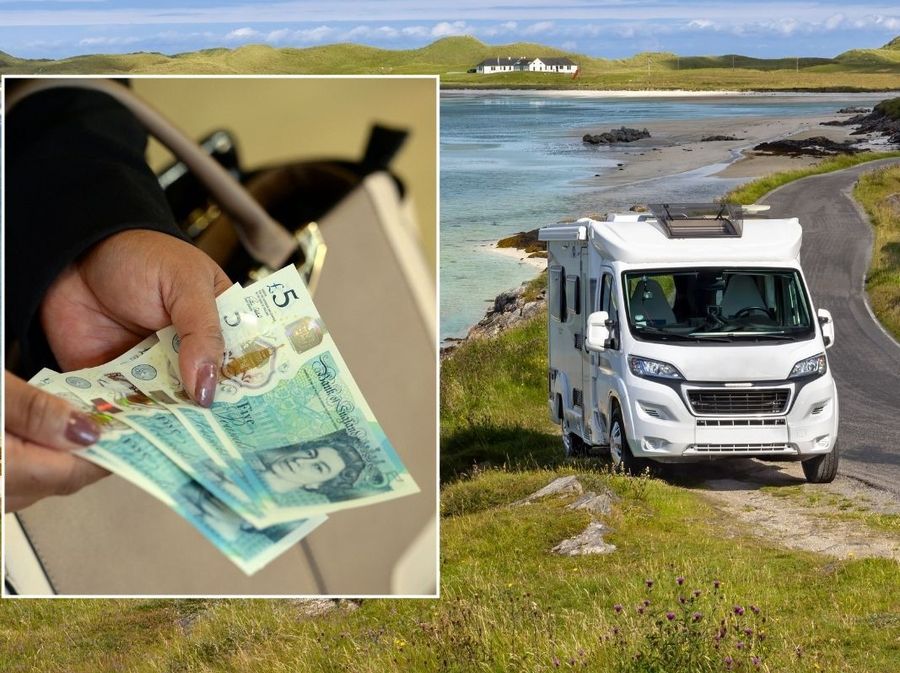
Motorhome and campervan ‘tax’ could be rolled out soon which may cost Britons ‘£20 a day’
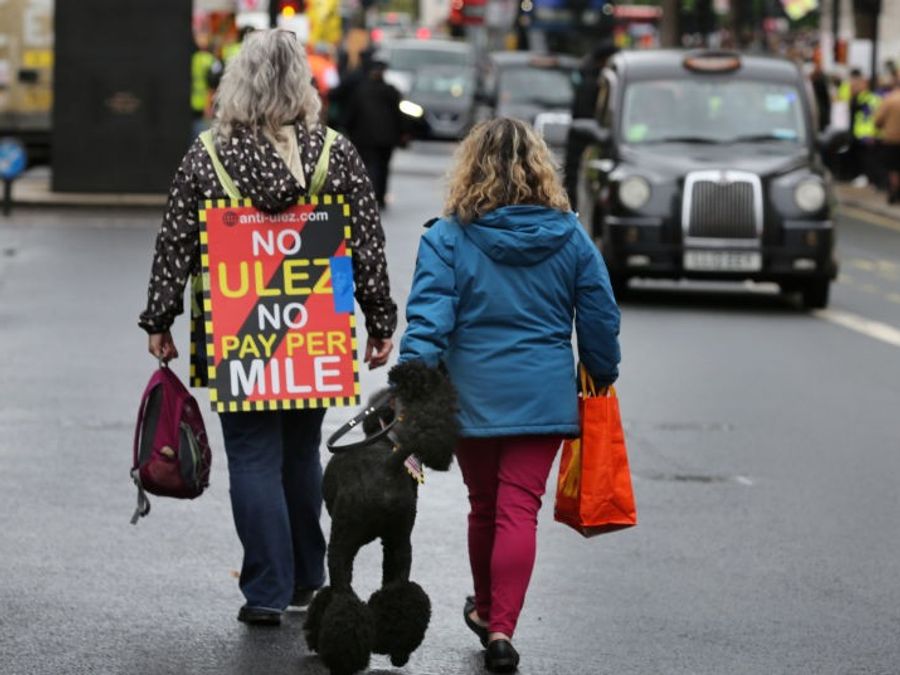
Drivers may soon face pay-per-mile car taxes as UK looks to recover £9bn in losses
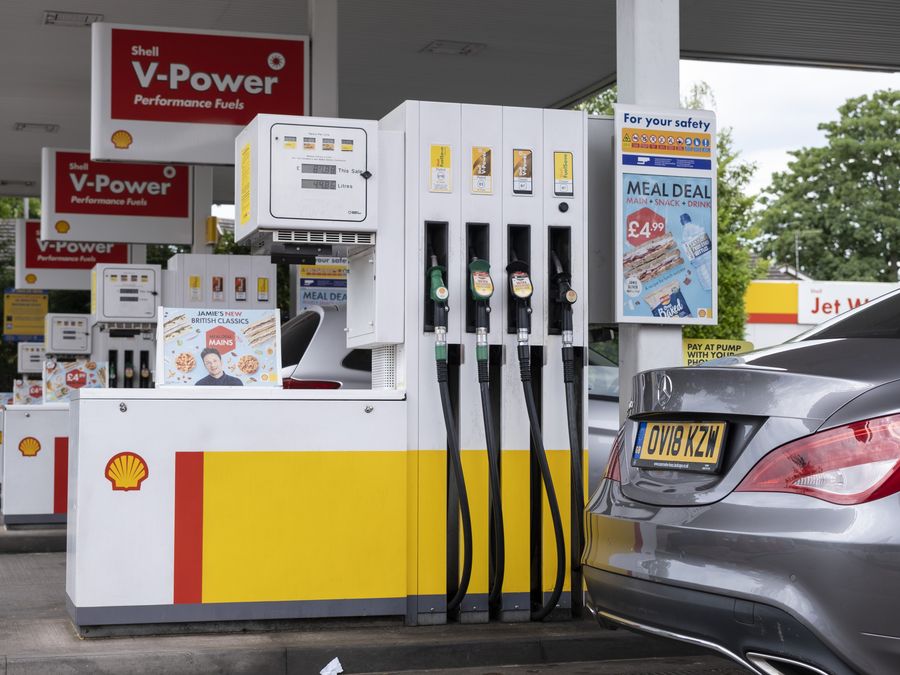
Petrol and diesel drivers to see fuel prices get ‘even worse’ with urgent calls for action
This comes as new research shows that the number of electric vehicle charging stations in Europe and North America will hit 36 million in just four years.
According to Berg Insight, there were around 7.4 million units in 2023, with Europe representing 5.5 million of that total.
If momentum continues or even gets stronger, with an annual growth rate of 37 per cent, the number of charging points across the two continents will reach 25.7 million in 2028.
Dunstan Power, director of EV charging design consultancy, Versinetic, commented on the data, saying chargers were becoming more reliable with improved functionality for drivers.
LATEST DEVELOPMENTS:
- Motorists risk expensive car insurance costs for ‘sub-standard driving behaviour’ with millions at risk
- Drivers could be hit with huge fines for parking on the pavement with support for law changes
- Elderly drivers refuse to switch to electric cars as Fiat boss admits people have ‘turned their backs’ on EVs

Experts have called on the Government to make the rollout of chargers easier GETTY
He added: “The barrier to entry has increased as the larger players consolidate market share, however, there is still a huge untapped market to be served.
“It’s inevitable that regions that don’t demand connectivity will mandate it as has happened in Europe, improving the EV user experience for everyone.”
